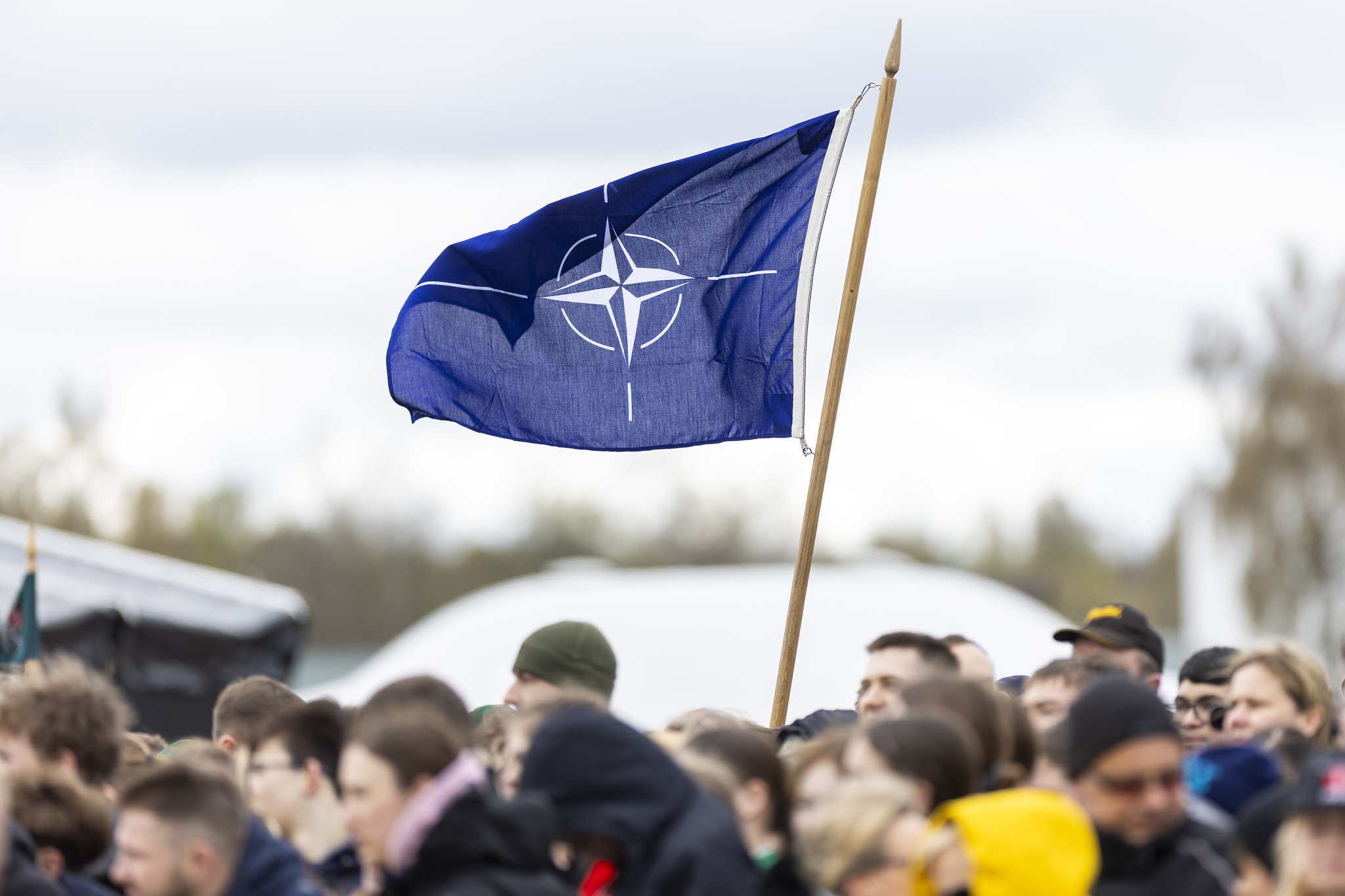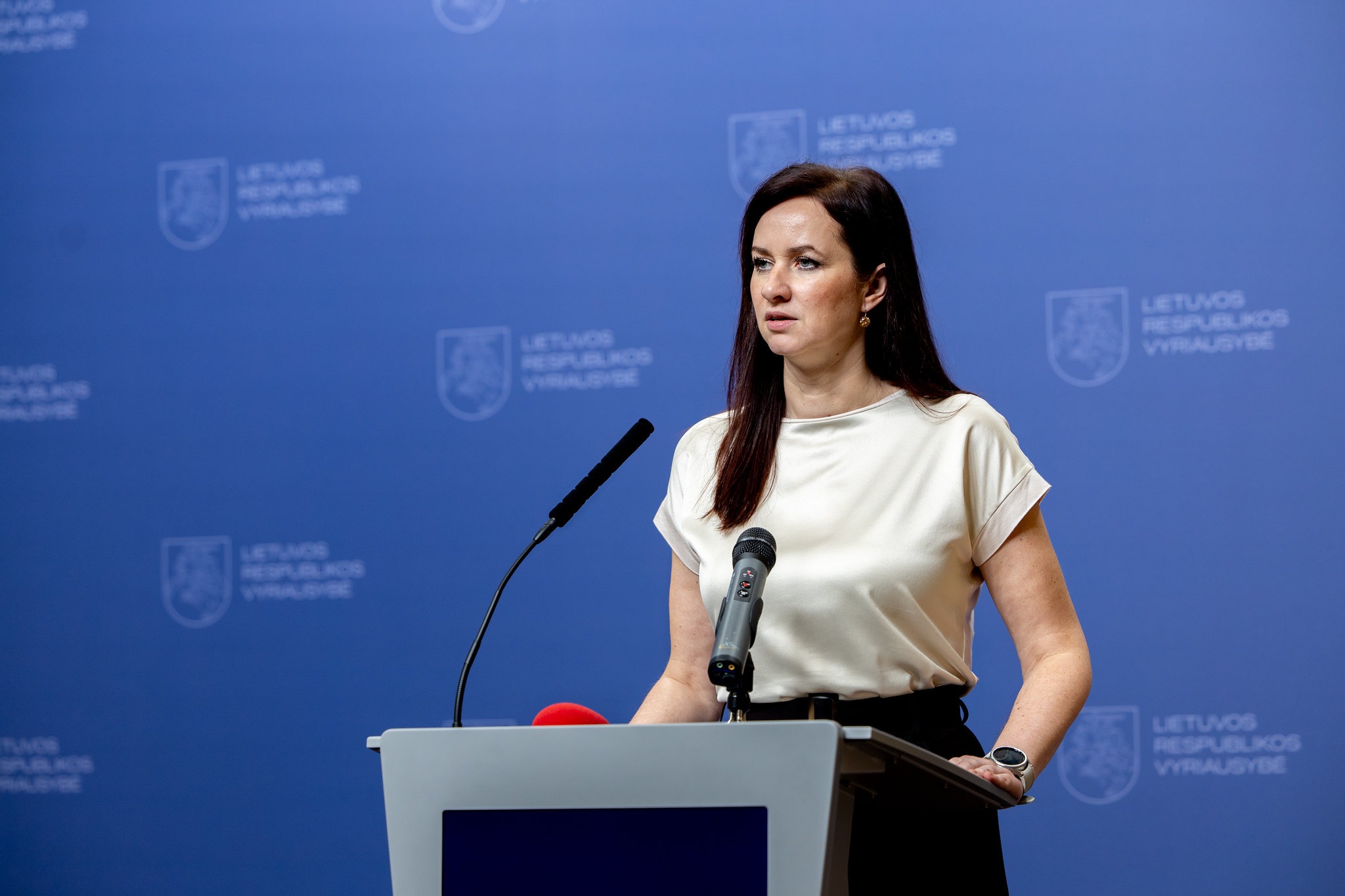
Main narratives:
- Kallas’s criticism centres around claims that NATO support for Estonia would be delayed during an attack, coupled with accusations that her leadership caused the economic downturn and rising poverty.
- There are concerns over the impact of geopolitical fears on foreign real estate sales and the financial struggles of Russian schools in Estonia due to insufficient government funding.
- Ongoing debates challenge the effectiveness of language-based education reforms, questioning the academic performance comparisons between Russian and Estonian students.
- The Social Democrats face accusations of Estophobia and pro-Russian bias, influencing their political strategies and electoral choices.
Overview:
In the reporting week, social media actors were focused on writing about Kaya Kallas, her disbelief in the help that NATO would bring if Estonia were attacked, and her role in the growing poverty levels in Estonia. There was also a focus on the upcoming change in education for all Estonians and the issues that are arising, such as the wealth inequality between Russian and Estonian schools, as well as a poster claiming that students are doing better in Russian schools than in Estonian schools. There was also an article claiming that some politicians are calling the Social Democratic party Estophobes due to them only electing Russians and having pro-Russian ideas.









